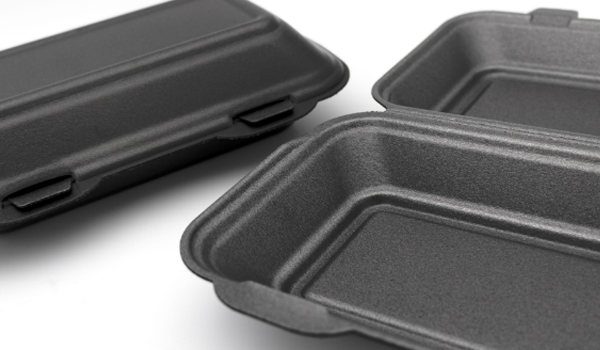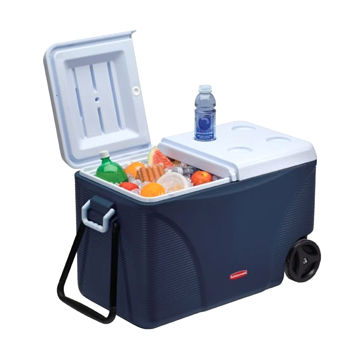Specialist additive and masterbatch manufacturer Colour Tone has launched a new generation of competitively priced near-infrared (NIR) detectable masterbatches to satisfy brand owners ‘end of life’ recyclability concerns for problem single-life black plastic tubs, trays and films.
The first two black masterbatches from this latest colouring system are developed for polypropylene applications, but can be applied to any other polymer offering improved colouring and coverage capabilities compared to previous formulations.
Its new NIR black 958884 masterbatch satisfies EU food contact legislation and is available at an economic 0.21p per tray, this represents a substantial 60% price saving compared to the costs quoted in the first WRAP commissioned project to commercialise this technology, ‘Development of NIR Detectable Black Plastic Packaging.’
Tony Gaukroger, director, Colour Tone, said: “Historically the price premium for NIR technology has been a ‘barrier’ to its adoption. We now have a masterbatch that delivers to brand owners and retailers the required eco-benefits at a competitive price that has significantly reduced the ‘gap’ between this and conventional carbon black pigments.”
While the NIR black 95893 supports those applications required to meet the ‘Food and Drugs Administration (FDA), code of Federal Regulations’ criteria (when limited to a maximum dosage of 10%). This is a market first for an NIR detectable black masterbatch and will benefit those global companies who supply to US markets.
Colour Tone helped to pioneer the development of the first NIR colourants that were proven to enable black plastics to be made ‘visible’ to optical sorting methods. Since most black plastics packaging featured carbon black and other pigments that absorb infra-red light rendering them ‘invisible’ to NIR spectrophometers.
With the UK’s consumer packaging recycling rates currently stalling at 30 per cent, much lower than our European neighbours, it confirms that considerable work still has to be done to help brand owners ‘close the loop’ on difficult to recycle single-use plastics.
Source : packagingeurope.com








